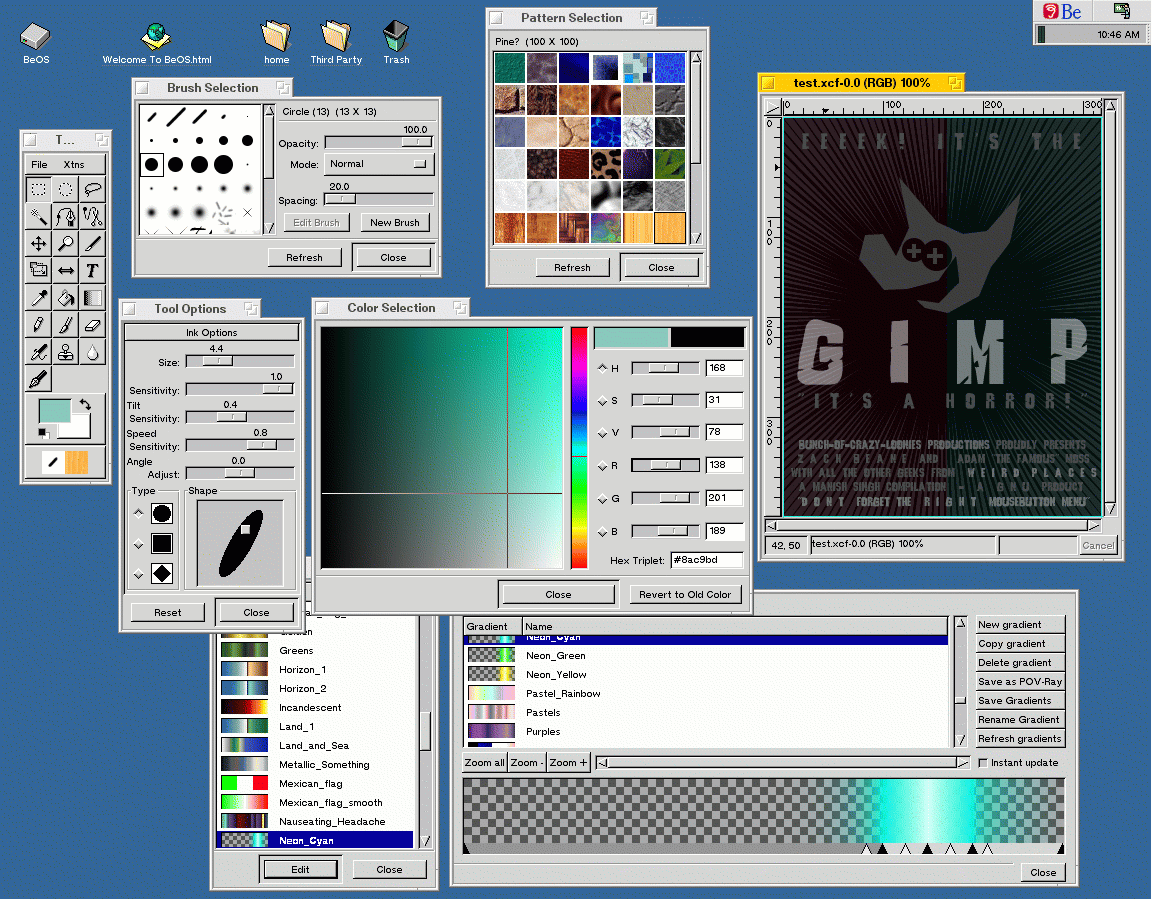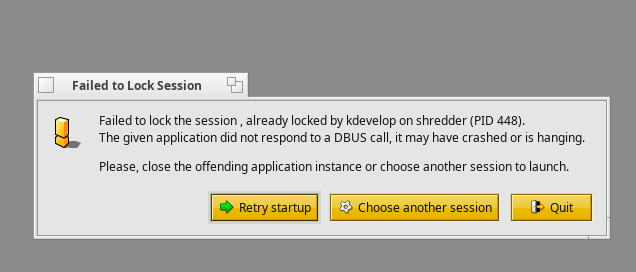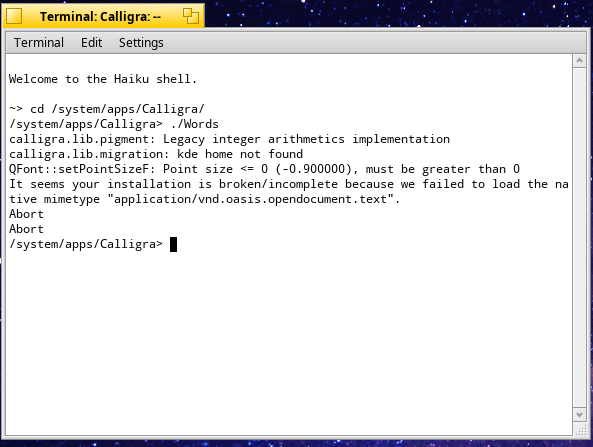TRANSLATED BY LINUX JADE TRANSLATOR
I find this discussion about native / not native very questionable, because haiku as a system can survive in the end only if there are usable applications for users. Haiku's community is just too small and the existing developers are busy with the system. Who should write native applications? We can be very happy that qt, kde, java will give us new usable applications that are useful for the user and could even be a reason to switch to haiku. In addition, the programs are also looked after by developers of other systems, so that we also benefit from this because we get bug fixes and enhancements without having to do it ourselves.
Once haiku can inspire a large user base, the native applications come on their own. But that is a very far-fetched moment.
I am grateful for the work of the people who brought us QT, KDE and Java, because this makes Haiku not only a hobby system of developers but gets the chance to become more.
The best kind of apps are like this one - they do one thing and they do it well. They open instantly and they remember everything you do. This app translates foreign languages. It has a large text box at the top, a small combo box where you select the “to” language, and a large text box to contain the answer.
It has a button to clear the two boxes and one to translate. That’s it.
You type or paste (I pasted lelldoins post) into the top box, hit the translate button, copy and paste here. Job done. It accesses Google Translate directly without having to open a web browser and get waylaid. It is much much quicker than a trip to google and back. In fact it seems like you never left your seat. Takes a few seconds to give the answer, 20 seconds on a slow connection.
The key is to find something that adds to your workflow, that isn’t complicated, and gets the job done quicker and easier than before. That’s what you call “a tool” - anything else you call a nuisance - like firefox for instance, unless you need to watch youtube (which I don’t - can’t afford the luxury)
I hope this gives a single one of you an idea you can write a useful application. Just make sure it does something real that improves your day.
Best wishes, lelldorin, from Eisenach and Castle Wartburg

 I am trying to come in but I still feel it’s too early. Someone needs to do the basics with Python first - find the best IDE available (it needs to be multi-window) - thats about all, also, needs to open and close projects, so multiple windows come up all at once, then it needs to compile and run Python.
I am trying to come in but I still feel it’s too early. Someone needs to do the basics with Python first - find the best IDE available (it needs to be multi-window) - thats about all, also, needs to open and close projects, so multiple windows come up all at once, then it needs to compile and run Python.


